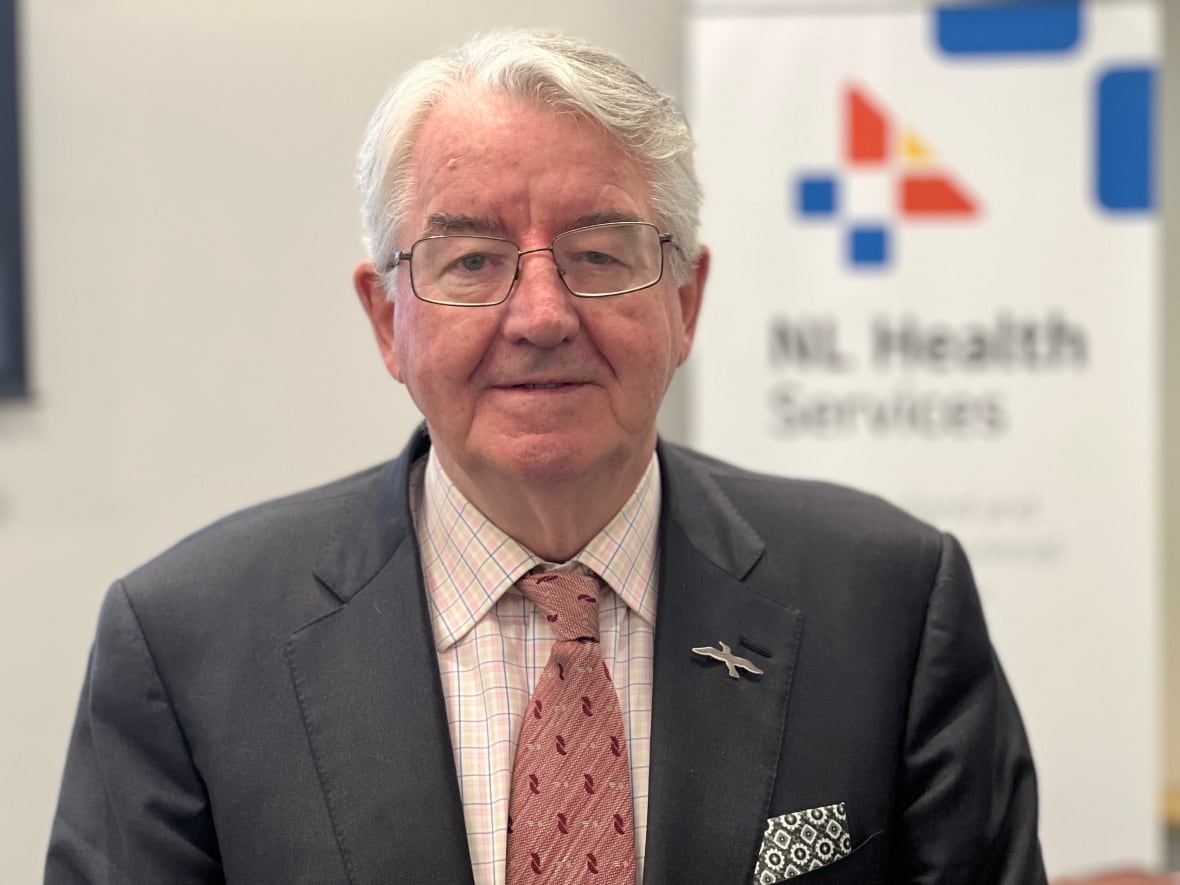Health
NLHS Secures 217 Nursing Positions Amid Staffing Challenges

Newfoundland and Labrador Health Services (NLHS) has recently announced that it secured 217 job offers for nursing positions across the province, a significant step in addressing ongoing staffing challenges. During a media briefing, NLHS CEO Pat Parfrey highlighted that of the accepted offers, 119 were for full-time permanent roles, with 57 located in the eastern-urban zone. Additionally, 98 full-time temporary positions were accepted, with 90 of those also in the eastern-urban zone.
While these numbers indicate progress, staffing nurses outside of St. John’s remains a complex issue for the health authority. Parfrey acknowledged this challenge, stating, “Our challenge is not really St. John’s. Our challenge is central and western.” He elaborated on efforts to develop models that allow nurses to work in these less populated regions without committing to permanent relocation, suggesting options like “fly in and fly out” or “drive in and drive out” arrangements.
In the St. John’s area, NLHS has added 40 new permanent nursing positions. Parfrey reassured those who accepted temporary roles that they could transition to permanent positions as they become available. “Those people who are offered temporary full-time [positions] can move on to permanent positions as they open up,” he mentioned, emphasizing that this transition happens relatively quickly.
The announcement of new job offers follows a critical report from the auditor general, which revealed that the NLHS spent $241 million on agency nurses since 2022, highlighting concerns about the financial oversight and credentialing of these hires.
Yvette Coffey, president of the Registered Nurses’ Union of Newfoundland and Labrador, expressed skepticism about the effectiveness of the current staffing strategy. She pointed out that while the number of job offers appears promising, many members report applying for permanent positions only to find those roles filled by agency nurses. “Members tell us they apply for permanent positions, are told none exist and later discover agency nurses filling those roles,” Coffey stated in an email.
The severity of the nursing shortage has led to the health authority incurring high costs for travel nurses, raising questions about why newly graduated nurses are still being offered temporary positions. In response to Parfrey’s proposal to attract nurses to central and western Newfoundland through travel arrangements, Coffey noted that she has already requested the province to enhance the nursing travel locum program.
Coffey also highlighted a signed agreement that allows nurses to secure permanent positions in Labrador without relocating, as well as a new central zone locum agreement aimed at mitigating staffing shortages.
“We continue to put forward solutions to address staffing requirements,” Coffey emphasized. “These types of initiatives can provide short-term relief and flexibility, but they must be paired with long-term solutions — such as safe nurse-to-patient ratios, more flexible scheduling, investments in mental health and safety supports, and incentives to live and work in rural and remote communities of Newfoundland and Labrador.”
As NLHS navigates these challenges, the focus remains on not only filling nursing positions but also ensuring sustainable and effective staffing solutions for the future.
-

 Science3 months ago
Science3 months agoToyoake City Proposes Daily Two-Hour Smartphone Use Limit
-

 Top Stories3 months ago
Top Stories3 months agoPedestrian Fatally Injured in Esquimalt Collision on August 14
-

 Health3 months ago
Health3 months agoB.C. Review Reveals Urgent Need for Rare-Disease Drug Reforms
-

 Technology3 months ago
Technology3 months agoDark Adventure Game “Bye Sweet Carole” Set for October Release
-

 World3 months ago
World3 months agoJimmy Lai’s Defense Challenges Charges Under National Security Law
-

 Lifestyle3 months ago
Lifestyle3 months agoVictoria’s Pop-Up Shop Shines Light on B.C.’s Wolf Cull
-

 Technology3 months ago
Technology3 months agoKonami Revives Iconic Metal Gear Solid Delta Ahead of Release
-

 Technology3 months ago
Technology3 months agoApple Expands Self-Service Repair Program to Canada
-

 Technology3 months ago
Technology3 months agoSnapmaker U1 Color 3D Printer Redefines Speed and Sustainability
-

 Technology3 months ago
Technology3 months agoAION Folding Knife: Redefining EDC Design with Premium Materials
-

 Business3 months ago
Business3 months agoGordon Murray Automotive Unveils S1 LM and Le Mans GTR at Monterey
-

 Technology3 months ago
Technology3 months agoSolve Today’s Wordle Challenge: Hints and Answer for August 19









